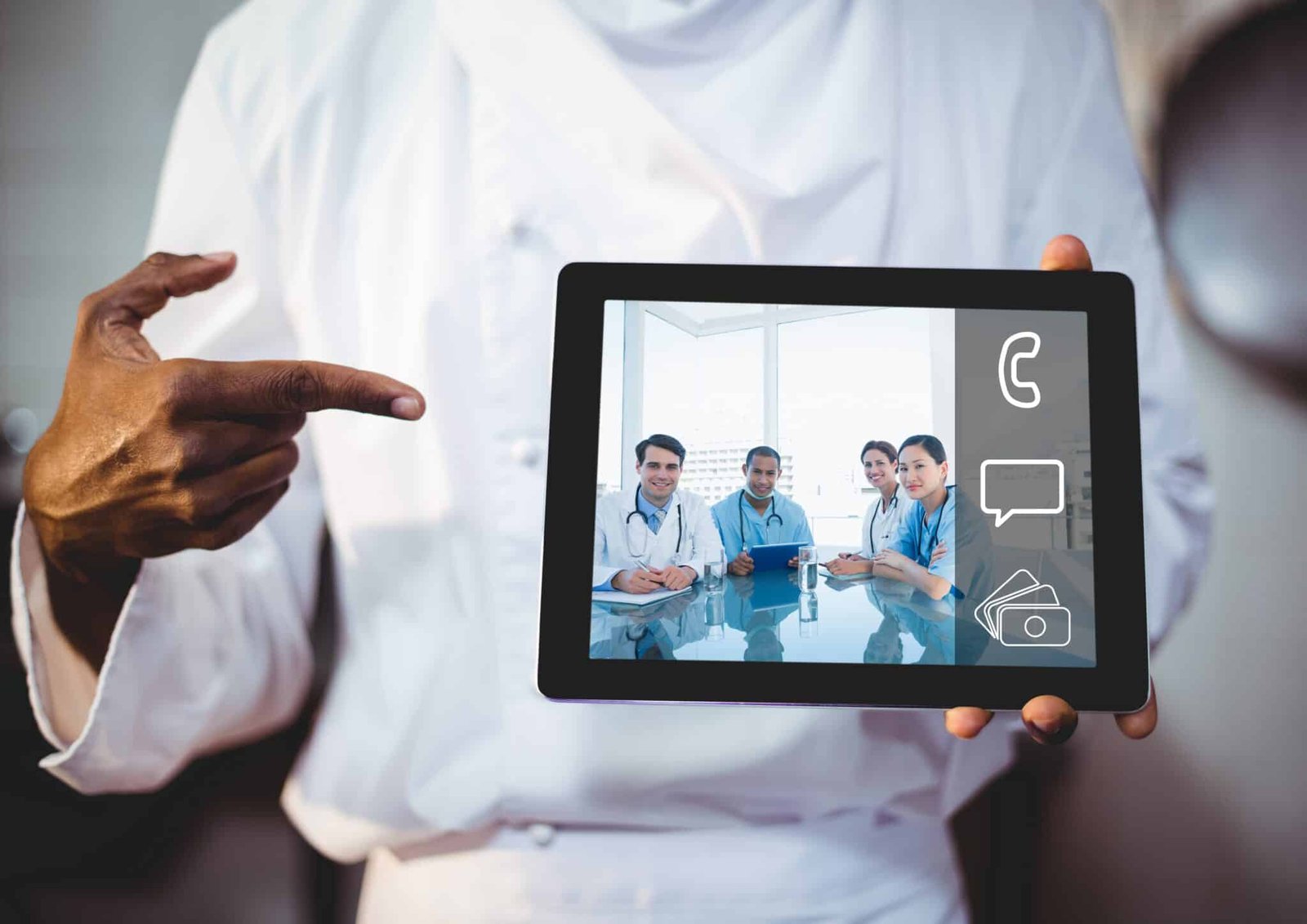The integration of Internet of Things (IoT) technologies in the healthcare sector has revolutionized patient care, enabling remote monitoring, improving treatment outcomes, and enhancing the overall healthcare experience. IoT applications in healthcare leverage interconnected devices, sensors, and data analytics to collect real-time patient data, streamline operations, and facilitate proactive medical interventions. In this article, we will explore the transformative role of IoT in healthcare and its impact on patient care and remote monitoring.
Remote Patient Monitoring
IoT devices have enabled healthcare providers to remotely monitor patients, especially those with chronic conditions or requiring post-operative care. Connected wearable devices, such as smartwatches, fitness trackers, and medical sensors, collect vital signs, activity levels, sleep patterns, and other health-related data. This real-time patient information can be transmitted to healthcare professionals who can monitor and analyze the data, provide timely interventions, adjust treatment plans, and detect potential health risks. Remote patient monitoring through IoT not only enhances patient comfort by allowing them to recover in the familiar surroundings of their homes but also reduces the burden on healthcare facilities and minimizes the need for frequent hospital visits.
Smart Medical Devices and Asset Tracking
IoT has facilitated the development of smart medical devices that improve patient care and streamline healthcare operations. Smart infusion pumps, for instance, can monitor medication dosages, detect errors, and send alerts to healthcare providers. IoT-enabled smart beds can continuously monitor patient movement, position, and vital signs, enhancing comfort and preventing bedsores. Additionally, IoT-based asset tracking systems help hospitals locate and manage medical equipment efficiently, ensuring availability when needed, reducing costs, and minimizing equipment loss or theft.
Real-time Health Monitoring and Alerts
IoT devices play a vital role in real-time health monitoring, enabling the early detection of critical events and timely medical interventions. For example, connected cardiac monitors continuously track a patient’s heart rate, rhythm, and ECG data, alerting healthcare providers in case of abnormalities or emergencies. Similarly, IoT-based glucose monitors for diabetic patients provide real-time blood sugar readings and can send alerts to patients and healthcare providers when glucose levels deviate from the target range. Such real-time monitoring and alerts enable proactive healthcare interventions, reducing the risk of complications and improving patient outcomes.
Medication Management and Adherence
IoT solutions have significantly improved medication management and adherence, particularly for patients with complex medication regimens. Smart pill dispensers equipped with IoT technology remind patients to take their medication at the prescribed times and dispense the correct dosage. These devices can also send notifications to caregivers or healthcare providers if medications are missed or if there are deviations from the prescribed regimen. IoT-based medication management systems promote medication adherence, reduce medication errors, and enhance patient safety.
Telemedicine and Virtual Consultations
The advent of IoT has facilitated the growth of telemedicine and virtual consultations, making healthcare services accessible to individuals in remote areas or those with limited mobility. IoT-enabled telehealth platforms connect patients with healthcare professionals through video conferencing, allowing remote consultations, diagnosis, and treatment. Patients can transmit vital signs and health data in real-time, enabling healthcare providers to make informed decisions and provide medical advice remotely. Telemedicine through IoT offers convenience, reduces travel costs, and enhances healthcare access for individuals who may face geographical or logistical barriers.
The integration of IoT technologies in healthcare has transformed patient care and remote monitoring, bringing numerous benefits to both patients and healthcare providers. From remote patient monitoring to smart medical devices, real-time health monitoring, medication management, and telemedicine, IoT applications in healthcare improve treatment outcomes, enhance patient comfort, and streamline healthcare operations. As technology continues to advance, the potential for IoT to further revolutionize the healthcare sector and improve the quality of patient care remains immense.









